This timesaving resource features:
- Treatment plan components for 40 behaviorally based presenting problems
- Over 1,000 prewritten treatment goals, objectives, and interventions plus space to record your own treatment plan options
- A step-by-step guide to writing treatment plans that meet the requirements of most accrediting bodies, insurance companies, and third-party payors
- Includes new Evidence-Based Practice Interventions as required by many public funding sources and private insurers
PracticePlanners® THE BESTSELLING TREATMENT PLANNING SYSTEM FOR MENTAL HEALTH PROFESSIONALS
- New edition features empirically supported, evidence-based treatment interventions
- Organized around 40 main presenting problems including child/parent conflicts, depression, abuse, death and loss issues, blended family problems, and loss of family cohesion
- Over 1,000 prewritten treatment goals, objectives, and interventionsplus space to record your own treatment plan options
- Easy-to-use reference format helps locate treatment plan components by behavioral problem
- Designed to correspond with The Family Therapy Progress Notes Planner, Second Edition and the Brief Family Therapy Homework Planner, Second Edition
- Includes a sample treatment plan that conforms to the requirements of most third-party payors and accrediting agencies including CARF, The Joint Commission (TJC), COA, and the NCQA

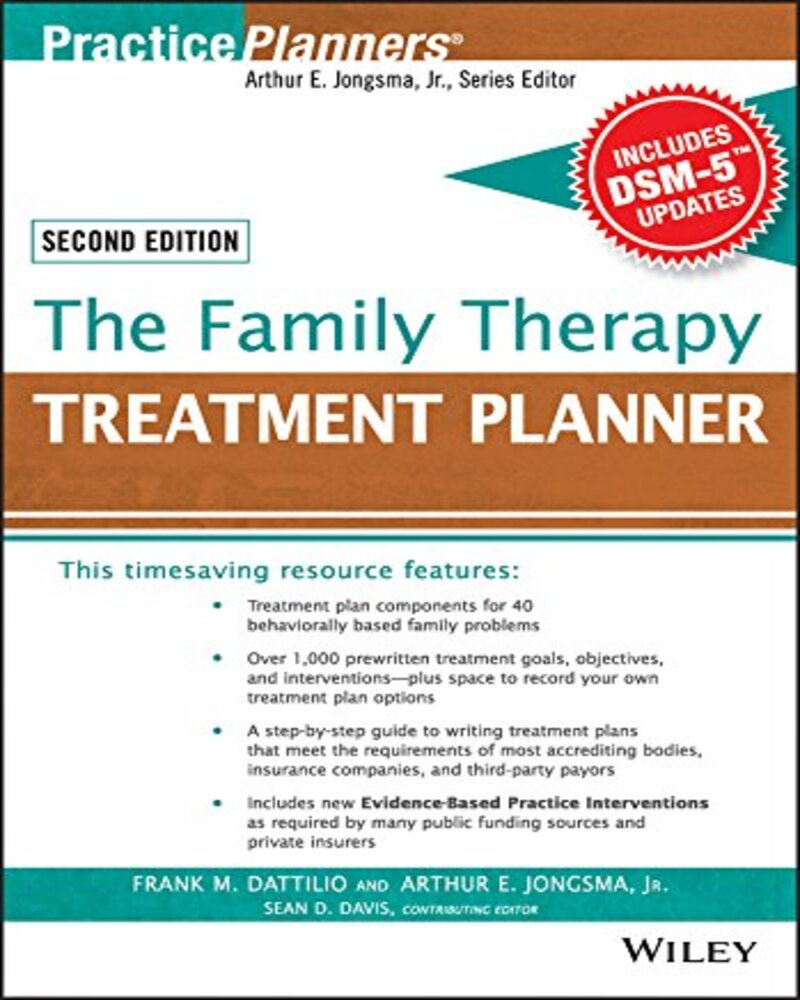
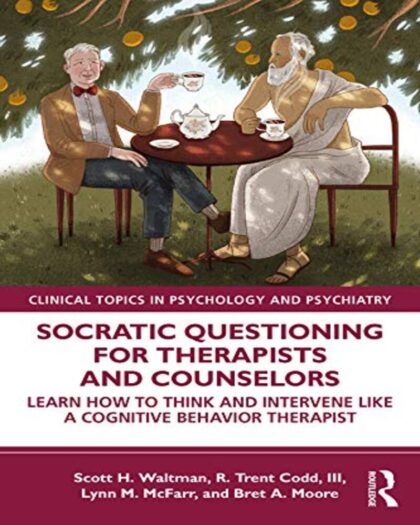
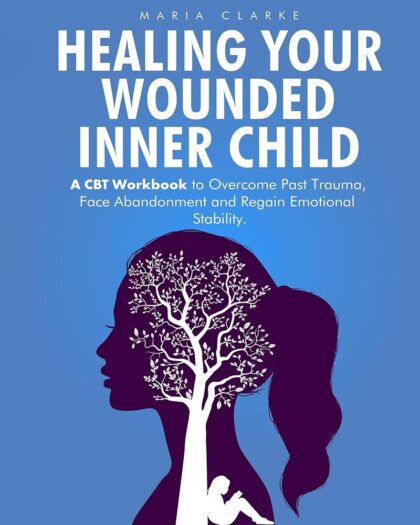
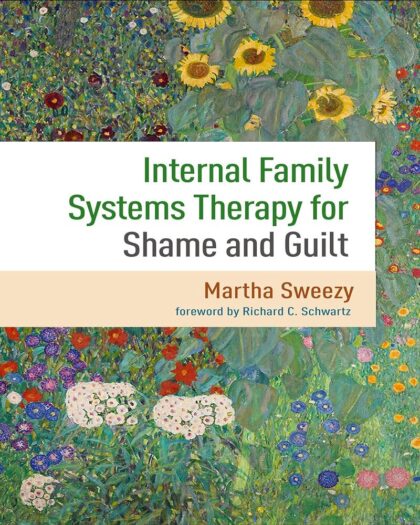
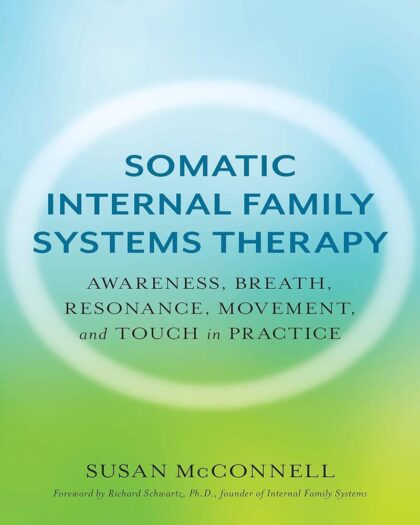
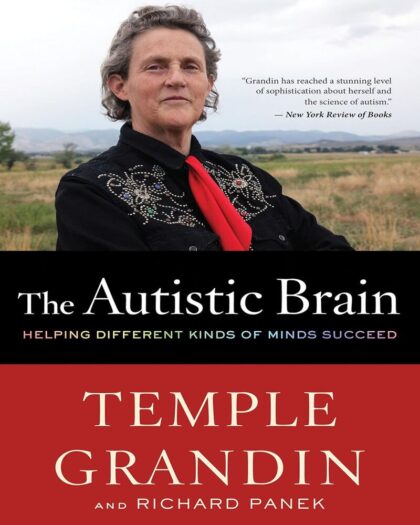
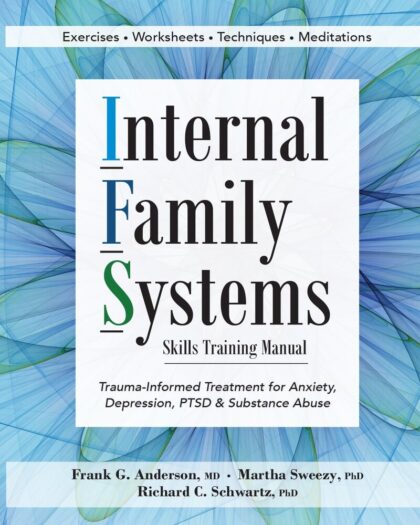

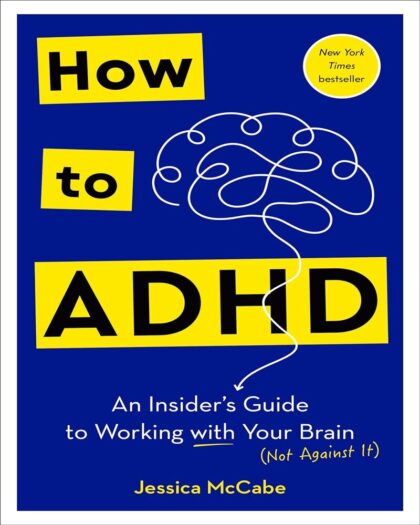
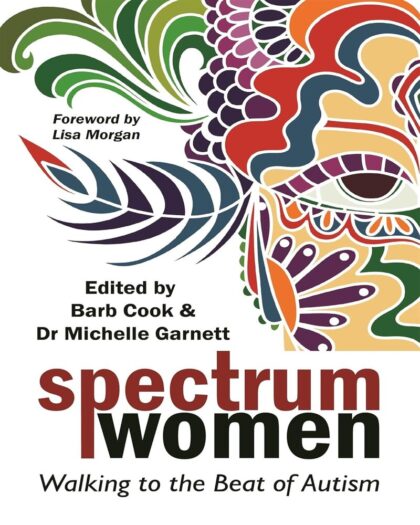
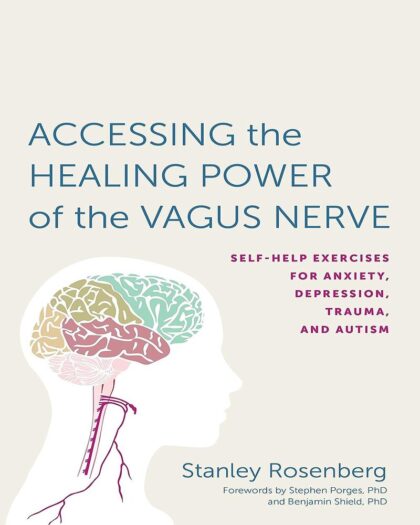
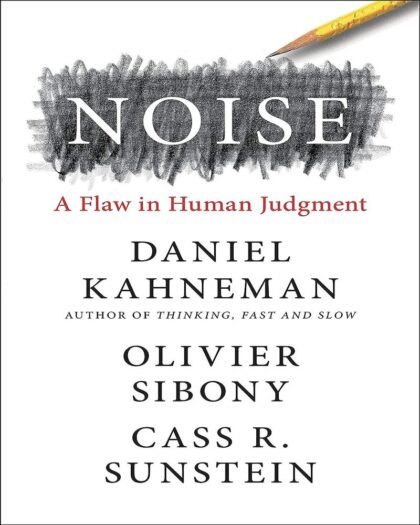


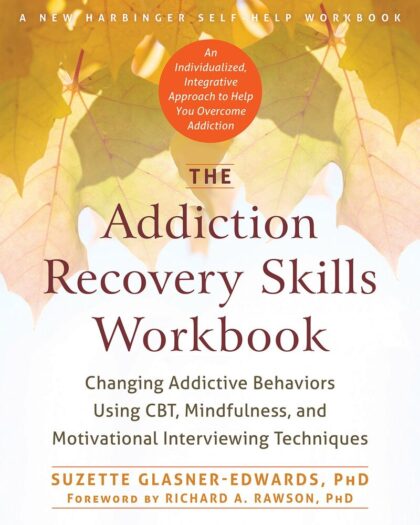
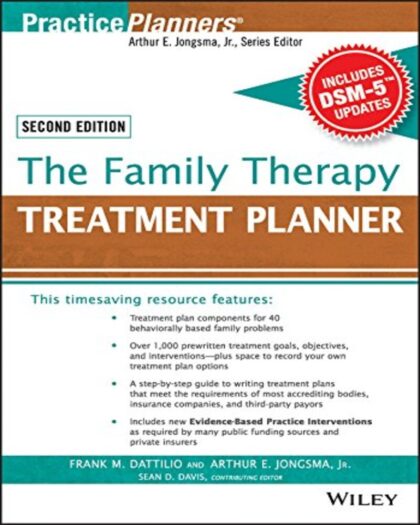
Past that, I love the fact that the TREATMENT PLANNERS offer "Short-Term Objectives," "Long-Term Goals," and "Therapeutic Interventions." It also gives some of the common "Behavioral Definitions" for each diagnosis and leaves plenty of room for notes. One of the absolute most helpful tools is that it lists "Diagnostic Suggestions" or differential diagnosis for each category along with the DSM-5 and DSM-4 code numbers.
The HOMEWORK PLANNERS offer exercises in the form of handouts that clients can take home. The questions for each diagnoses are relevant, open-ended, and made to enhance critical thinking about the symptoms/issues/situations clients may be facing.
The PROGRESS NOTES PLANNERS use professional language that is easy to understand, while at the same time specific and relevant.
If I were going to be seeing several different ages of clients, etc., and if I was just starting my library of Jongsma et al. Planners, I would start with the Adult Psychotherapy Treatment Planner, The Group Therapy Treatment Planner, and the Adolescent Therapy Treatment Planner and work my way down from there. I would not (and am not) going to stop until I have them all because, for example, the Adult Psychotherapy Treatment Planner does cover marital infidelity, but the Couples Therapy Treatment Planner goes into so much more detail; therefore, these books are great from so many angles!! Anyway, I could on and on, but I will stop there except to say, you won't go wrong with these!